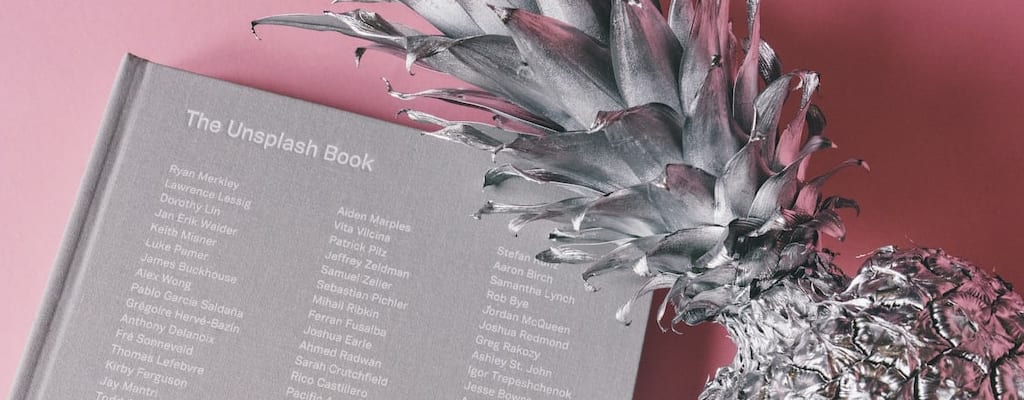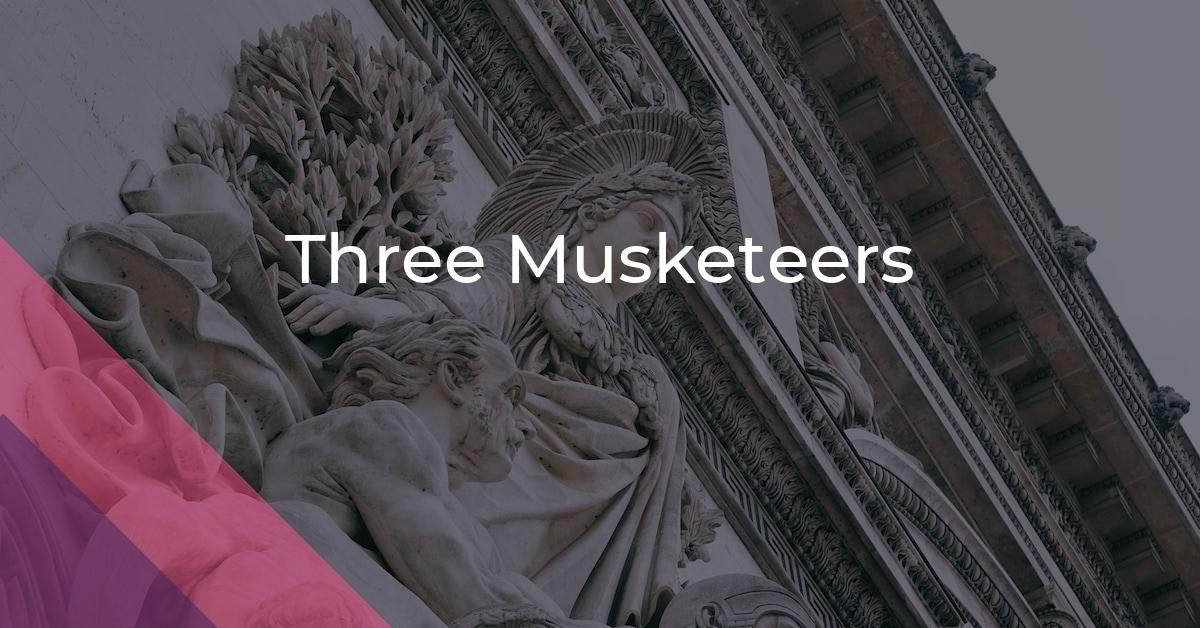Three Musketeers: Idiom Meaning and Origin
What does ‘Three Musketeers’ mean?
The idiom Three Musketeers refers to a group of people who are loyal to each other and work together, just like the characters in Alexandre Dumas' novel. It signifies the importance of unity and teamwork.

Idiom Explorer
The idiom "Three Stooges" refers to a group of three people who are considered silly, clumsy, or incompetent, often engaging in slapstick comedy. It implies a lack of intelligence or common sense in their actions or behavior.
The idiom "team up with" means to collaborate or work together with someone, usually to achieve a common goal or purpose.
The idiom "team up" means to collaborate or work together with others, usually with the goal of achieving a common purpose or objective.
The idiom "stick together" means to support and stay united with a group of people, especially during difficult times.
The idiom "six and two threes" means that two options or choices are essentially the same, which makes it difficult to choose one over the other.
An idiom used to refer to a particular person's character, occupation, or role, highlighting its uniqueness and individuality.
The idiom *one and the same* means that two or more things or people are identical or indistinguishable from each other.
The idiom "me three" is a playful and informal way of expressing agreement or a shared sentiment with two other people, often in a humorous or lighthearted manner. It is a shortened version of the phrase "count me in, too" and is typically used to join in on an opinion or desire.
The idiom "merry men" refers to a group of jovial and lighthearted individuals. It can also be used to describe a band of close companions who share a sense of camaraderie and enjoy each other's company.
The idiom "knit together" means to unite or bring people or things closer in a strong and cohesive way.
Hidden Origins
The idiom "Three Musketeers" is derived from the title of a novel written by Alexandre Dumas in 1844. The novel, "The Three Musketeers," tells the story of a young man named d'Artagnan who journeys to Paris in the 17th century to join the Musketeers of the Guard, a group of elite soldiers who serve King Louis XIII. The idiom has become synonymous with the idea of a close-knit group of three loyal friends or companions.
d'Artagnan befriends three musketeers named Athos, Porthos, and Aramis. Together, the quartet embarks on various adventures and battles, defending the honor of their king and country. The musketeers are known for their bravery, camaraderie, and unwavering loyalty to one another. The idiom "Three Musketeers" encapsulates the spirit of their bond and has come to represent a symbol of unity and solidarity.
Throughout history, the idiom "Three Musketeers" has been used in various contexts to describe groups of three individuals who are inseparable and always have each other's backs. It emphasizes the idea of teamwork, mutual support, and the strength that comes from united efforts. The idiom is often employed in both literal and figurative senses, reflecting the enduring popularity and resonance of the iconic trio of musketeers.
Today, the idiom "Three Musketeers" is commonly used in literature, film, and everyday conversation. It has become deeply ingrained in popular culture, representing the ideals of loyalty, friendship, camaraderie, and a united front against adversity. The idiom serves as a reminder of the power of strong alliances and the importance of standing together in the face of challenges.
The idiom "Three Musketeers" is related to the idiom "Three Stooges." Just like the musketeers, the Three Stooges were known for their comedy, their profound loyalty to one another, and their ability to work together as a cohesive unit. While the musketeers fought battles, the Stooges fought for laughs, creating a unique bond and sense of camaraderie that resonated with audiences. Both groups embody the idea of three individuals joining forces and relying on each other to overcome obstacles, whether in the realms of adventure or comedy.
The idiom "Three Musketeers" is also related to the idiom "esprit de corps." This French phrase, which means "spirit of the body," refers to a sense of unity, camaraderie, and loyalty within a group. The musketeers exemplify the concept of esprit de corps through their unwavering dedication to one another and their shared values. They are not just a group of soldiers, but a brotherhood bound by honor, willing to risk their lives for the greater good. The idiom "Three Musketeers" reflects the essence of esprit de corps, embodying the idea of a tight-knit group that operates as a cohesive unit with a common purpose.
The idiom "Three Musketeers" is also similar to the idiom "me three." This phrase is used to express agreement or solidarity with a statement or sentiment. It reflects the notion of three individuals standing together, sharing the same perspective or viewpoint. Just as the musketeers are united in their loyalty and sense of purpose, "me three" highlights the power of collective agreement and the strength that comes from individuals aligning their thoughts or actions. The idiom "Three Musketeers" captures this idea of three voices joining as one, amplifying their impact and influence.
Finally, the idiom "Three Musketeers" is related to the idiom "eternal triangle." This phrase typically refers to a complex romantic relationship involving three individuals. In the context of the musketeers, the eternal triangle can be seen in their relationships with the Queen, King, and Cardinal. Each musketeer has a unique dynamic with these three central characters, creating a web of intrigue, loyalty, and sometimes conflict. This idiom highlights the complex dynamics that can arise when three individuals are connected in a relationship, whether it be romantic or otherwise.
Example usage
Examples of how the idiom "Three Musketeers" can be used in a sentence:
- The group of friends acted like the Three Musketeers, always coming to each other's aid.
- Just like the Three Musketeers, the siblings were always united and stood up for one another.
- The band members were like the Three Musketeers, working collaboratively to create amazing music.
More "Literature" idioms



